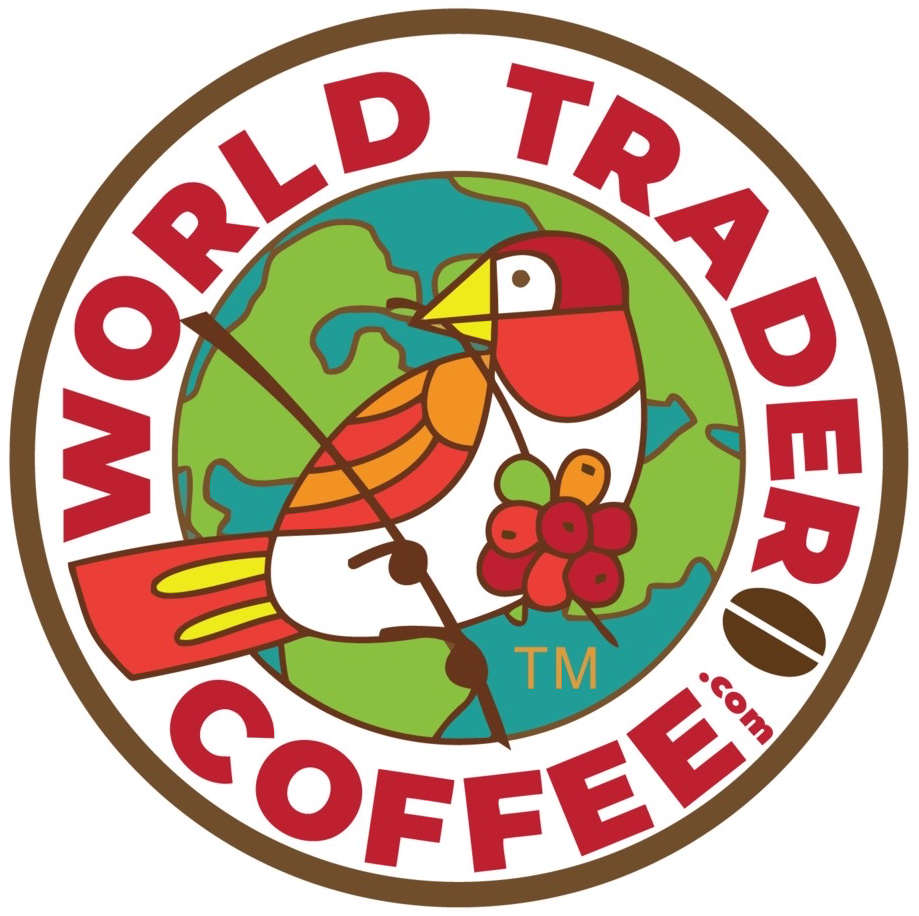Enjoy a velvety new flavor with Nicaraguan Coffee from World Trader Coffee
If you are a diehard coffee lover, you are probably familiar with Colombian, Sumatran, and possibly even Kona from the Hawaiian islands. All it takes is a sip of these different coffees to experience just how different they are.
The Beauty of Nicaragua
In Nicaragua, everyone is a poet. Fiestas are lit up with folk dances and marimbas. The country is largely dependent on agriculture, with coffee being one of its largest exports. 95% of coffee farmers in Nicaragua are small scale, family-run farms. Most of their work is done without the support of the government, which means even if the coffee is not certified, it is likely to be organic, shade-grown, and processed as minimally as possible.
Nicaraguan coffee is also typically grown at high elevation. Beans that are grown at high altitudes—just below the frost line—tend to have a more vibrant, denser bean. Beans grown at high elevation are considered of better quality than those grown at low altitudes, and thanks to the natural geography of Nicaragua, this is where most of the beans are grown.
This is also why shade-grown beans are generally considered better quality than beans grown in direct sunlight. If beans are not produced under some adversity, such as shade or high elevation, they have a very mild and bland flavor. No one likes a weak cup of coffee, so these favorable locations have become a moniker for excellent tasting coffee.
The Coffee Trade in Nicaragua
Nicaragua is not a rich country. Around 45,000 families depend on coffee farms to make their living, and many of them have had to deal with the harsh ups and downs that come with the coffee trade. During Covid19 times like these, the smaller farms need support now more than ever.
Fortunately, things are looking up for these farmers. Nicaraguan coffee is starting to be recognized by the world as some of the best coffee available, and farmers who produce top-tier coffee can command higher prices for their efforts. This, in combination with assistance from Fair Trade certification programs, has lifted many Nicaraguan farmers out of poverty, all while bringing more delicious coffee to the world.
If you've never tried Nicaraguan coffee, you'll love the unique experience. Its complex flavor is unique even compared to neighboring countries like Honduras, making it a delicious new coffee to add to your collection.
Ready to try some Nicaraguan Coffee? Click HERE for World Trader Coffee's unique bean. It's nutty, chocolaty and has fruity hints.

